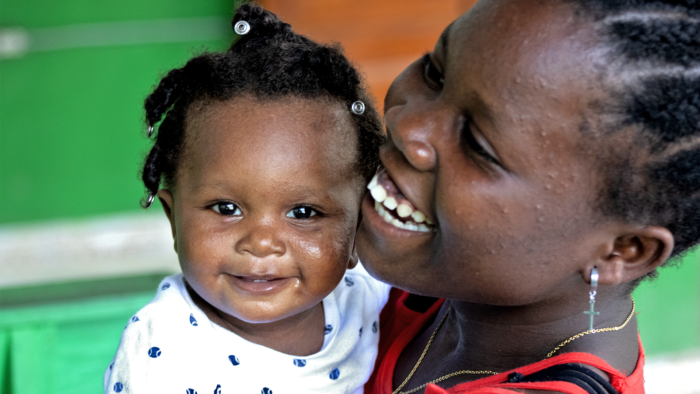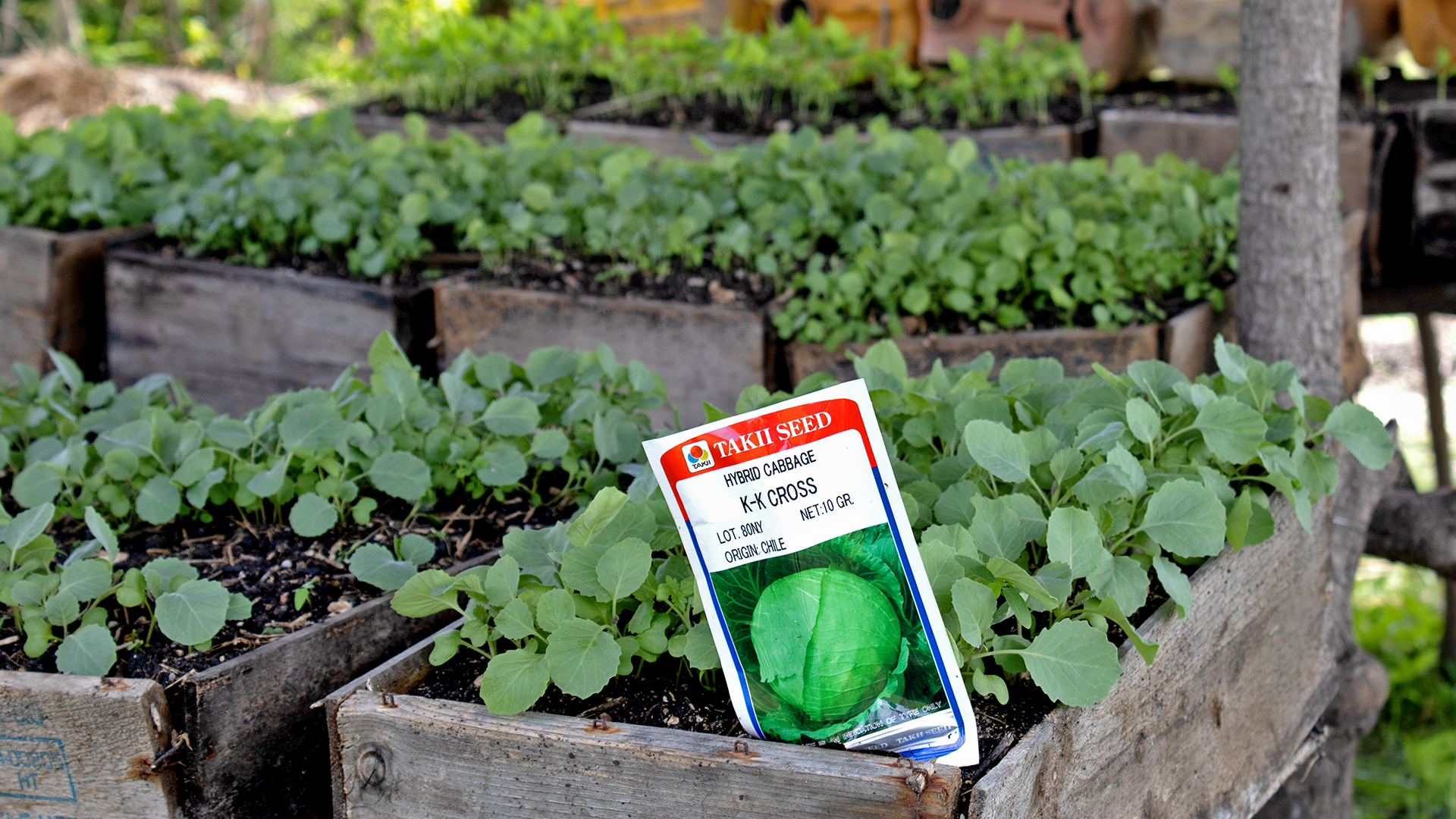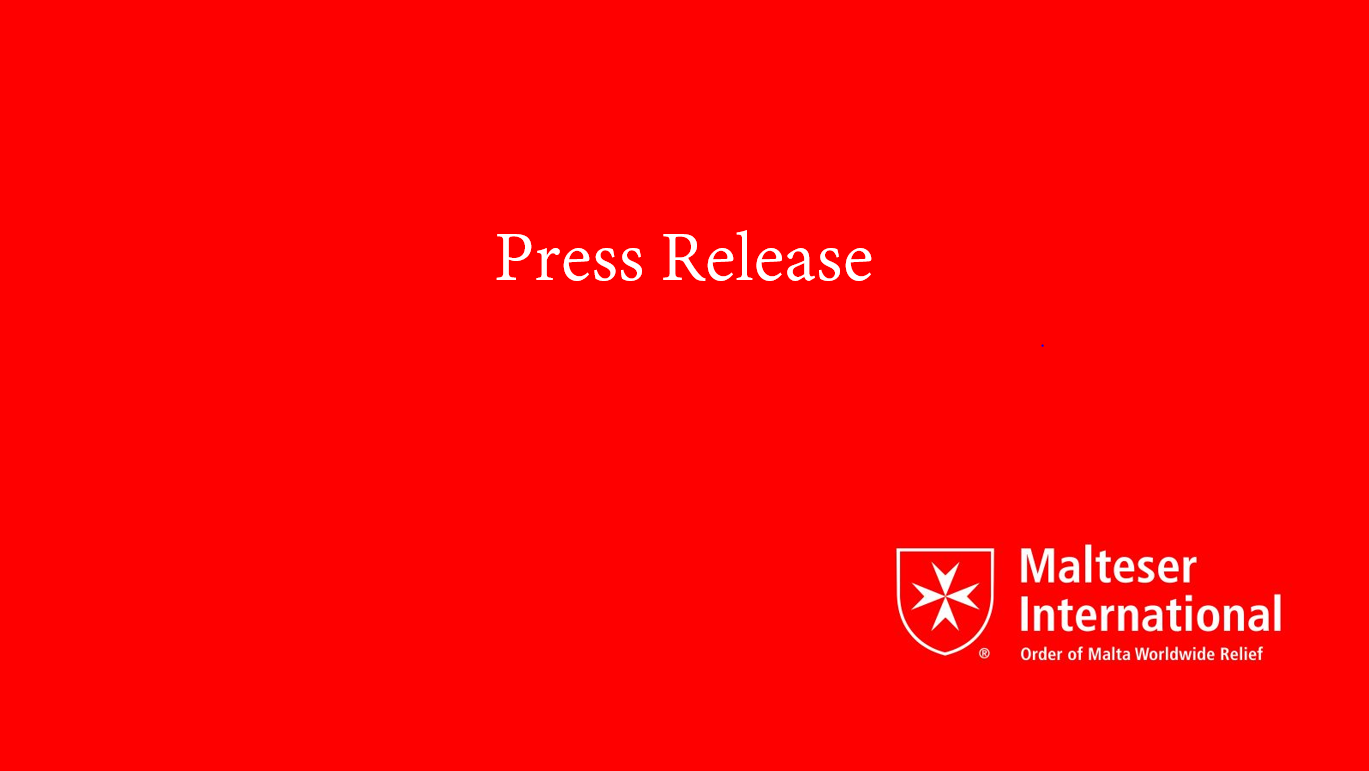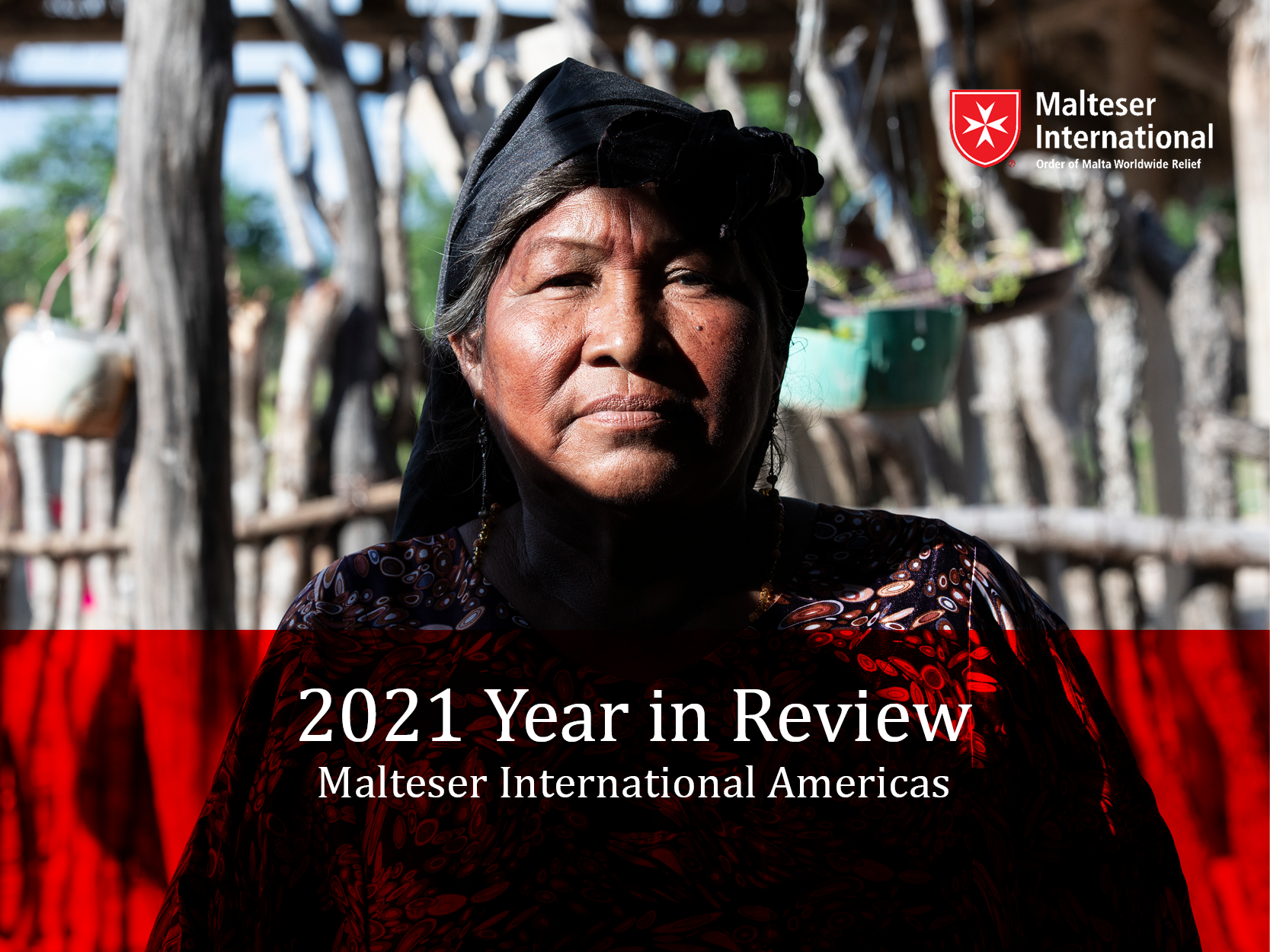Caribbean
Haiti Update: Food Security and Nutrition Programming Continues Despite Increasing Tumult
Haiti/New York – Despite a worsening political and social context in Haiti, our humanitarian support for the most vulnerable communities continues, particularly for children, the elderly, and persons with disabilities. More than half of the Haitian population lives below the extreme poverty line and is especially vulnerable to natural disasters. According to the October 2022 Integrated Phase Classification food insecurity analysis, approximately 4.7 million Haitians, nearly half of the population, experiencing high levels of acute food insecurity, including 19,200 classified as Disaster (IPC Phase 5) and 1.8 million in an emergency situation (IPC4), and the number is projected to remain the same for the March to June 23 period. The increase in the number of food insecure people only increases the number of children who are malnourished or at risk of being so.

In Haiti – more precisely in the communities of Petit Trou de Nippes, Baradères, Asile, Petit Rivière des Nippes – Malteser International Americas has committed to fighting against malnutrition by helping health centers give primary care to vulnerable groups. End of November 2022, following awareness and screening campaigns, we registered 878 children suffering from acute malnutrition (moderate or severe). After being referred to a health center for the necessary treatment, 465 of these children have been recovered over the entire period (2021 to date), bringing the number of children undergoing treatment to 399. “This program is a relief for us in this local community and its surroundings, especially for families with low economic means like mine. Here, I benefit from the necessary support to keep my baby healthy,” says Mertilia Joseph, originally from Barradères.
Food Security
Local production plays a very important role in the food security of a region. In July 2020, thanks to funding from the German Government and in collaboration with our local partners AHAAMES, we launched a program with the objective of reducing the vulnerability of targeted families to food crises through the promotion of sustainable agricultural practices and the adoption of nutritional education measures in the communes of Belle Anse, Petit Trou, Barradères and Cité Soleil. Through this program, we’ve built 1,350 community and home gardens, also known as “jaden lakou” in Creole, in the Nippes department.
“At 58 years old, this is the first time in my life that I am in charge of a garden. I had never planted before, it has always been my father or my husband,” says Crécide Elie. “Thanks to these gardens, I don’t have big worries, despite the increase of food prices all over the country. When we are hungry, I go to my garden, cut bananas to cook in the house, sell some to buy the missing ingredients and other things we need, and finally give some to my friends, family members, or people in need. I remember selling bananas from one of my many crops that helped me buy chickens, and now I have no shortage of chickens.” A community garden like this, that has so helped women like Crécide, empowers communities to support themselves.
We have also built 50 water tanks in the department of Nippes. In Etan, 3rd communal section of Baradères, Manoucheka Monplaisir shares his joy with us: “With this tank, it is not only me, but the whole community that is happy. For a long time, it took us up to two hours to drive to get five gallons of water. Now, we have water in reserve here. I am also able to make use of a garden containing many bananas, tomatoes, peppers and okra. I am extremely happy. Other people benefit from livestock which can be pigs, goats, sheep, ducks. 1,710 families in all have benefited from support in the area of livestock, including 915 in Nippes and 795 in Cité Soleil. Rose-Marie NICOLAS, originally from Petit Trou de Nippes, is the beneficiary of a pig: “I did not have in mind to have a pig, I did not even have the money to buy it. I received a sow that gave birth to 7 babies, one of which I gave to other community members to share in this good fortune. I would like this project to last in the community, because it helps us a lot.” Additionally, an awareness and information campaign on health, food hygiene and nutrition has been carried out and has reached 20,000 families in 4 communities.
It’s these kind of development projects that support vulnerable individuals from the ground-up. Lending them a hand, a pig, or some water for their garden in a time of need can increase their resiliency, making them less vulnerable over time.





